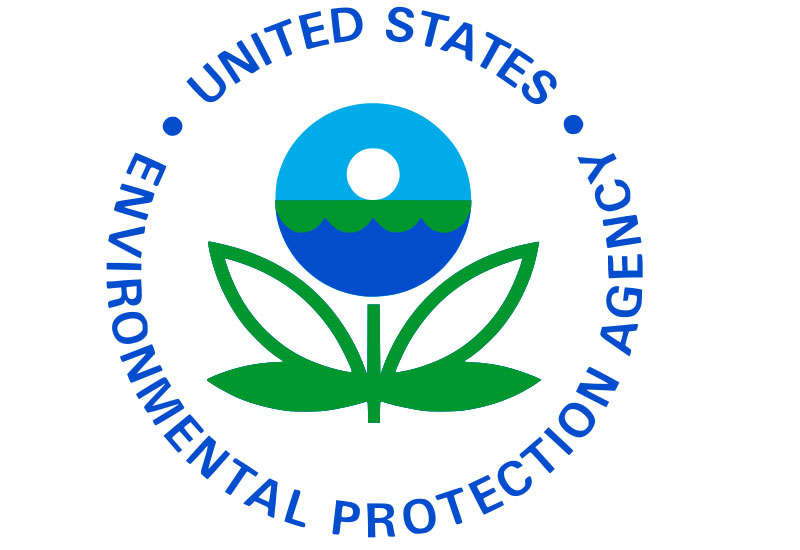LENEXA – The U.S. Environmental Protection Agency (EPA) Region 7 has awarded approximately $2.9 million to the Kansas Department of Health and Environment (KDHE) to address nonpoint source pollution.
EPA will support implementation of activities intended to eliminate or prevent Kansas water quality problems due to the discharge of pollutants from nonpoint sources. While the program provides statewide coverage, funding will focus on activities that address priority watersheds with water quality problems.
“Water quality is important. Our drinking water supplies, recreation, fisheries, and wildlife depend on clean water. Nonpoint source pollution is the leading cause of water quality problems. These funds will help ensure that the states and EPA, working in partnership, make clean water a priority,” stated EPA Administrator Scott Pruitt.
This $2.9 million in funding is a portion of an approximately $8 million grant, which is being funded over three years. This award provides partial funding; full funding may be provided at a later date.
Nonpoint source (NPS) pollution generally results from land runoff, precipitation, atmospheric deposition, drainage, seepage, or hydrologic modification. NPS pollution, unlike pollution from industrial and sewage treatment plants, comes from many diffuse sources. NPS pollution is caused by water moving over and through the ground. As the runoff moves, it picks up and carries away natural and human-made pollutants, finally depositing them into lakes, rivers, wetlands, coastal waters, and groundwater. NPS pollution can range from excess fertilizers, herbicides, and insecticides to salt, oil, animal and pet waste, and grease in agricultural, residential, and urban areas.

